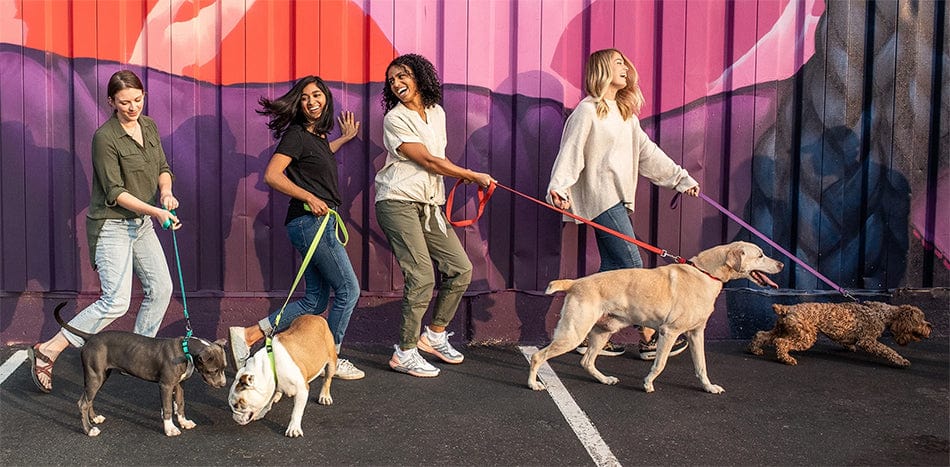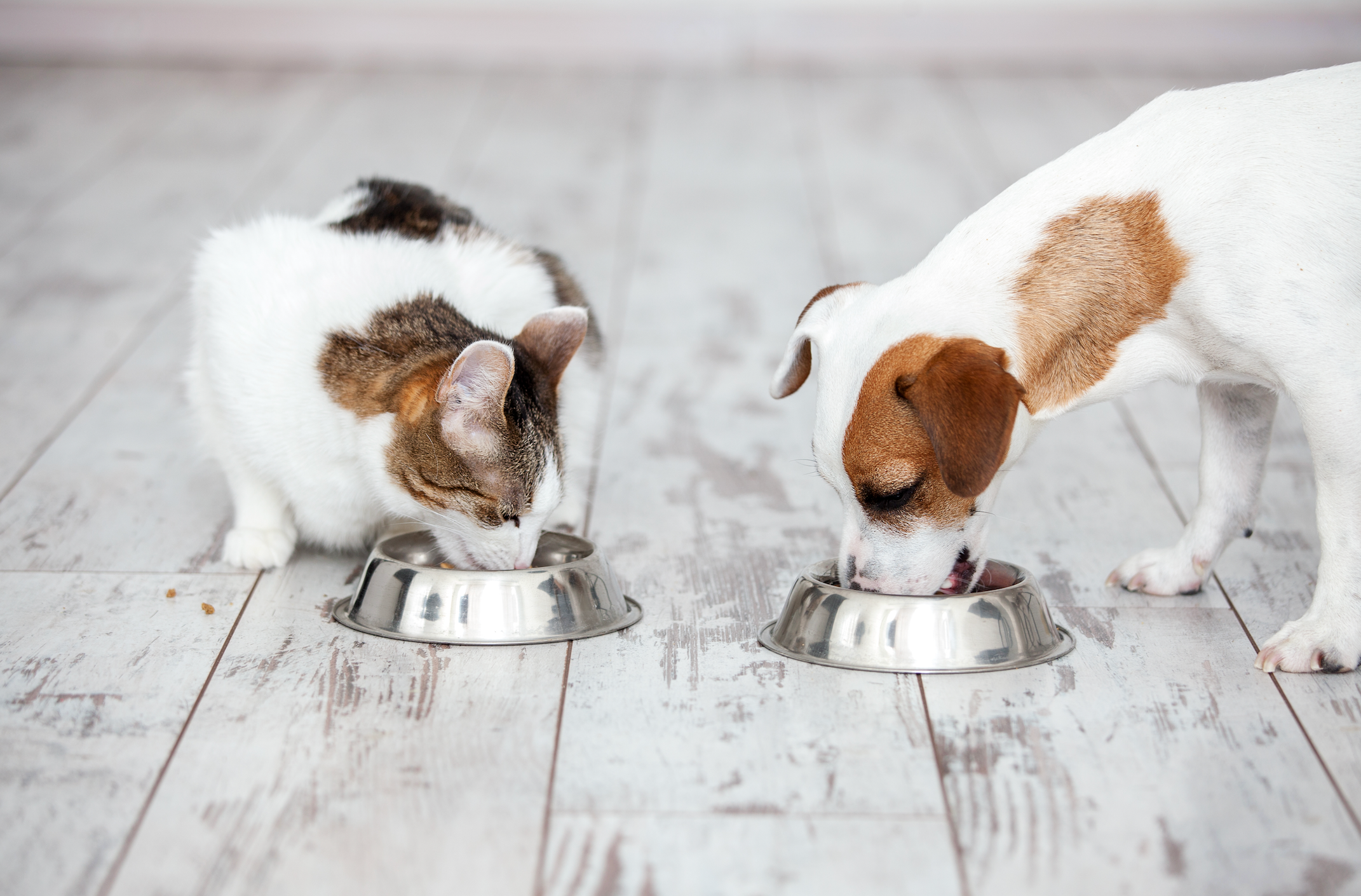Your cart is empty. Let's fix that!


You might have seen probiotic supplements trending for human gut health—but did you know they can benefit your pets too? This is what you should know about prebiotics and probiotics for dogs and cats.
Our digestive systems (humans, dogs, and cats included) all keep things regular thanks to a healthy gut microbiome—all the beneficial bacteria that live in our digestive tract. That bacteria is vital for proper digestion, and proper digestion affects a lot of things! Healthy gut flora can prevent problems ranging from subpar poops to bad breath to yeast infections.
Sometimes our natural gut flora can take a hit from an unbalanced diet, illness, or medication and leave us with an out-of-whack microbiome—which leaves digestion unpleasantly irregular. That’s where prebiotics and probiotics come in!
Probiotics are living bacteria reinforcements coming in to repopulate the microbiome and get your gut back in working order. These healthy bacteria have been tested to make sure they’ll survive the journey all the way to the stomach and into the intestines to get to work on better digestion.
The most common bacteria used in probiotics is Lactobacillus acidophilus, but you’ll see a whole range of bacteria used. Many bacteria are multifaceted (and even a little controversial)! A type of bacteria called Enterococcus faecium is used as a reliable and stable probiotic, but some strains of the bacteria can cause illness or antibiotic resistance. Don’t worry—it takes rigorous lab testing before a strain of bacteria is approved for usage as a safe probiotic, and you can rest assured that the bacteria in your probiotic supplements won’t have any sneaky side effects.
Prebiotics work in tandem with probiotics. They work as an energy source for probiotics, helping them to get established and work their best in the gut. Think of them like a healthy meal dropped off to a new neighbor to welcome them to the neighborhood!
Prebiotics and probiotics are naturally present in a variety of foods, particularly fermented foods like yogurt, sauerkraut, kimchi, and kombucha. You can add any pet-safe fermented foods to your BFF’s diet for a delicious nutritional boost to their normal dinner. You can also find probiotic dietary supplements for humans and pets to get your probiotic fix in a convenient daily dose.
Whether you’re a human looking to boost your own digestion or trying to fix your pet’s eye-watering number twos (we feel your pain, fellow poop scoopers), a dose of probiotics might just be the cure to your woes!
We believe that there’s no bad time for probiotics! Good digestion is important every single day, and you can’t go wrong with regular digestive support. That’s why all our food for cats and dogs include prebiotics and probiotics (as well as a healthy dose of digestive enzymes to double down on digestive wellness)! That means every morsel from cat treats to bulk dog food offers health benefits with each bite.
Probiotics are especially important whenever your pet has to take antibiotics. While antibiotics are working to support the immune system and send bad bacteria packing, they also indiscriminately damage good bacteria—like the flora in your cat or dog’s gut. Whenever your pet is taking a dose of antibiotics, they should get a serving of cat or dog probiotics to keep their gut working normally despite the damage from the antibiotics.
Since your pet’s digestion affects so many different areas of their health, you may also consider trying a probiotic supplement to alleviate any of the following conditions:
While probiotics aren’t a cure all, you might be surprised by how many issues with your pet’s health can be improved with optimal digestion!
NOTE: You should consult your veterinarian before adding probiotics to your pet’s diet if they are immunocompromised in any way.
It’s time to put those probiotics to work to say goodbye to your dog or cat’s digestive issues! You can look forward to a brighter future of scooping stank-free litter boxes and healthy dog poops on your walks. You’re welcome, pet people.